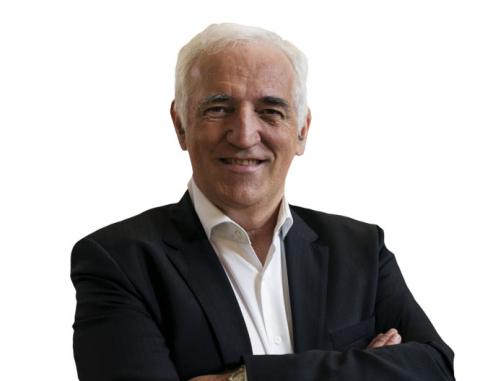Energy is both a challenge and opportunity for research infrastructures. Not only do we need it to carry out research of the highest standard, but we also do so with the greatest respect for the environment. This is the reason that CERN, the ESS and the members of the Association of European-level Research facilities launched the workshop series Energy for Sustainable Science at Research Infrastructures, ESSRI, in 2011.
On 28 and 29 November, the fifth ESSRI workshop was held at PSI in Villigen. For two days, some 90 participants discussed and shared best practices in energy management, energy efficient technologies, cryogenic systems and conventional cooling. This year, we also included sustainable technology developments made by research infrastructures. An example of this is superconducting radio frequency structures, a key element for high intensity accelerators.
Since the first workshop, solutions such as analysing consumption, waste heat recovery, and increasing overall efficiency have been adopted by many of the laboratories represented at the workshop. Other solutions, such as life cycle assessment, need to be further investigated. On this subject, we were joined by professor Manuele Margni on video link from Polytechnique Montréal. This holistic approach, whereby one evaluates multiple indicators such as carbon footprint, water footprint, resources, and the impact of ecosystems by product or service, could help us make real improvements in our environmental footprint.
We are all more environmentally conscious today than we were eight years ago. The European programmes Eucard-2 and ARIES are two tangible examples of the progress that we have made. Both look at the future of accelerator-based facilities where sustainability is built-in from the start. There will be no future large-scale science project without an energy management component, an incentive for energy efficiency, and energy recovery among the major objectives.
Research infrastructures need to be part of the solution, contributing to best practice and finding solutions for the future. That is why this workshop series is so important and I look forward to the next one at ESRF in Grenoble, France, in 2021.

